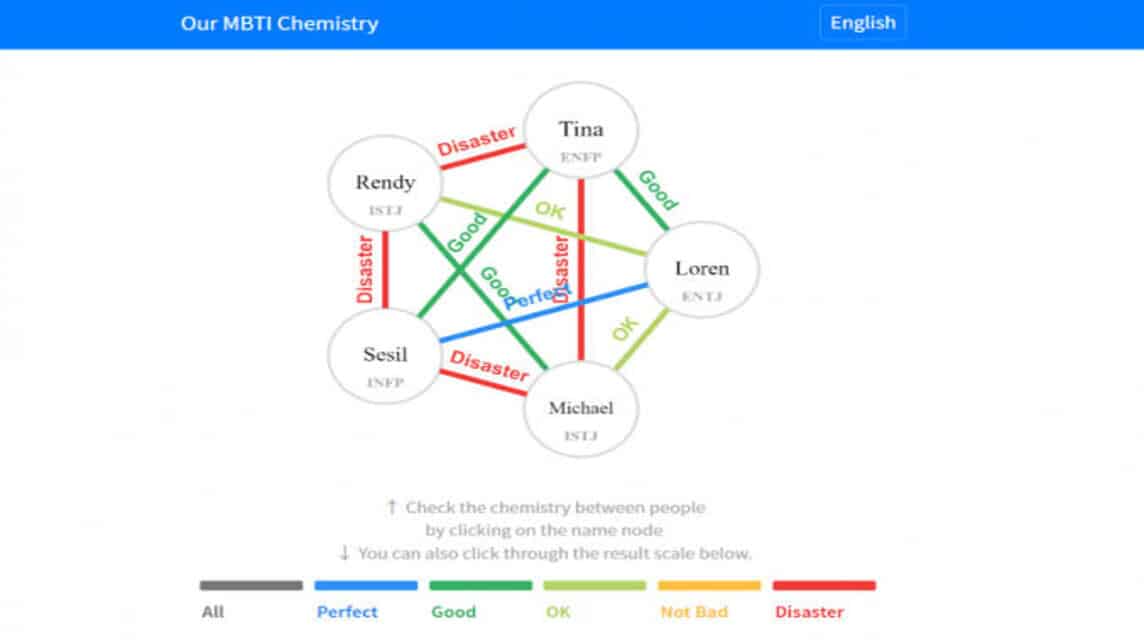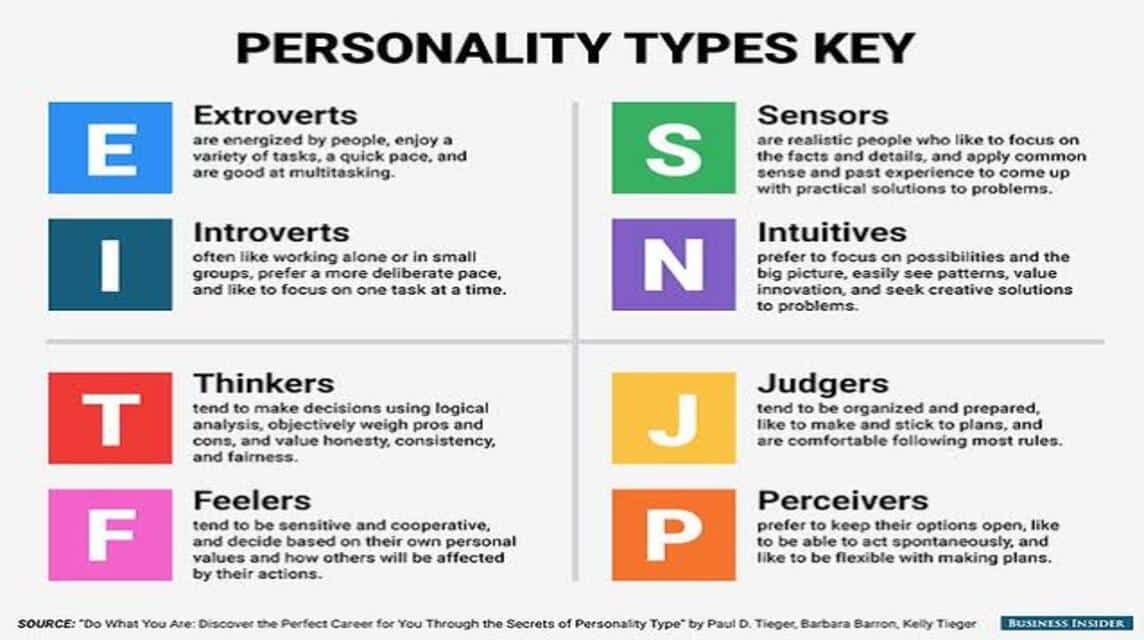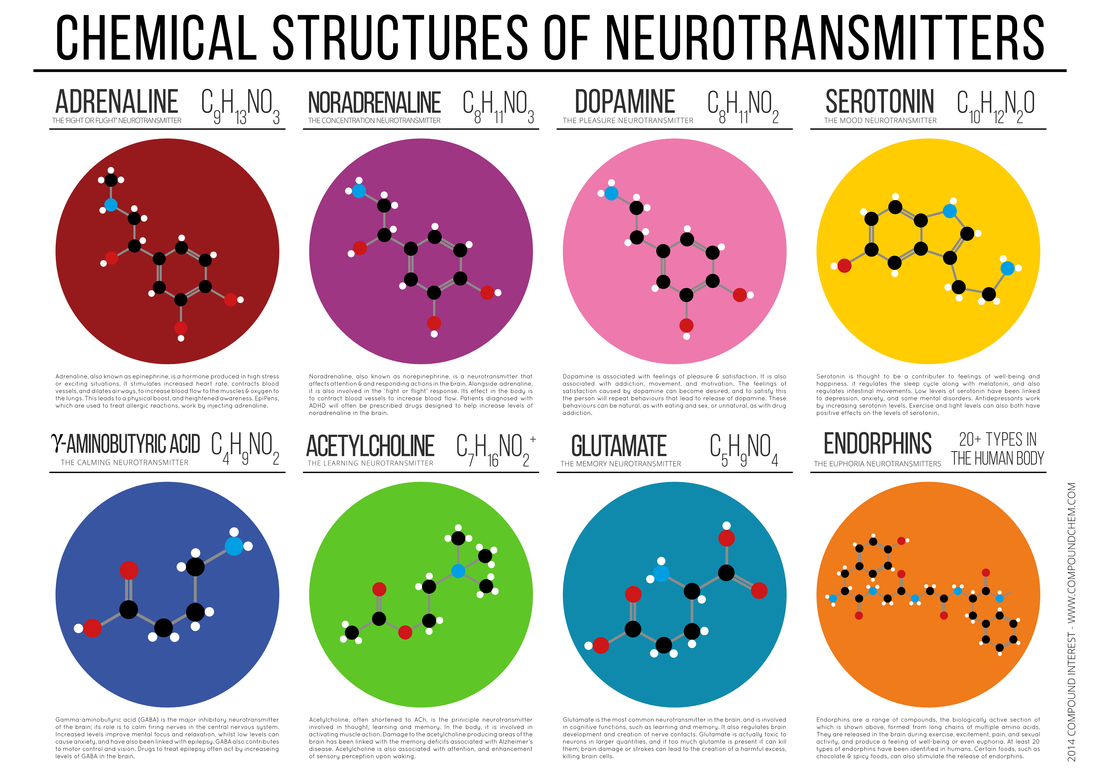Unveiling The Secrets Of Personality Chemistry: A Comprehensive Guide
Personality chemistry plays a pivotal role in shaping our interactions, relationships, and professional lives. Have you ever wondered why some people click instantly while others struggle to connect? This phenomenon delves deep into the intricacies of human behavior, exploring how our personalities align or clash with others. Understanding personality chemistry can unlock the keys to better communication, stronger bonds, and improved interpersonal dynamics. In this article, we'll dive into the science and art of personality chemistry, offering insights that can transform the way you relate to others.
Our personalities are like fingerprints—unique and complex. They influence how we perceive the world, make decisions, and respond to challenges. When two individuals with distinct personalities meet, their chemistry can either spark harmony or create friction. This article aims to unravel the mysteries of personality chemistry, drawing on psychological theories, real-life examples, and actionable tips. Whether you're navigating personal relationships or professional collaborations, understanding this concept can enhance your social and emotional intelligence.
As we explore the concept of personality chemistry, we'll address common questions, debunk myths, and provide practical strategies for improving your interpersonal connections. By the end of this guide, you'll have a deeper appreciation for the nuances of human interaction and the tools to foster meaningful relationships. Let's begin by understanding the foundations of personality chemistry and how it affects our daily lives.
Read also:1 Girl 1 Chair A Comprehensive Guide To Creativity Impact And Popularity
What Exactly is Personality Chemistry?
Personality chemistry refers to the dynamic interplay between two or more individuals' personalities. It encompasses the emotional, cognitive, and behavioral factors that influence how people connect. At its core, personality chemistry determines whether two people feel a sense of rapport or disconnection. While some aspects of personality chemistry are intuitive, others can be analyzed and improved through conscious effort.
To better understand personality chemistry, it's essential to recognize the role of personality traits. Traits such as extraversion, agreeableness, conscientiousness, neuroticism, and openness to experience shape how we interact with others. For instance, an extraverted individual may naturally gravitate toward social settings, while an introverted person might prefer quieter environments. These differences can either complement or conflict, influencing the overall chemistry between two people.
Why Does Personality Chemistry Matter in Relationships?
Relationships, whether romantic, platonic, or professional, are built on a foundation of mutual understanding and trust. Personality chemistry plays a crucial role in determining the success of these relationships. When two people have positive personality chemistry, they often experience greater satisfaction, communication, and collaboration. On the other hand, negative personality chemistry can lead to misunderstandings, conflicts, and strained interactions.
For example, in romantic relationships, personality chemistry can predict long-term compatibility. Couples who share similar values, communication styles, and emotional needs are more likely to thrive. However, even couples with contrasting personalities can achieve harmony by recognizing and respecting their differences. This understanding is equally applicable in professional settings, where diverse personalities can contribute to innovative problem-solving and team dynamics.
Can Personality Chemistry Be Improved?
This is a question many people ask when faced with challenging interpersonal dynamics. The good news is that personality chemistry can indeed be improved with effort and awareness. By developing emotional intelligence, practicing active listening, and fostering empathy, individuals can enhance their ability to connect with others. These skills are particularly valuable in situations where personality differences might otherwise lead to friction.
One effective strategy for improving personality chemistry is to focus on shared goals and values. When two people work toward a common objective, their differences often become less significant. Additionally, cultivating self-awareness can help individuals recognize their own personality traits and how they impact their interactions with others. This self-reflection is a critical step in building stronger, more harmonious relationships.
Read also:Nitrogen Ice Cream The Frozen Treat Revolution
How Does Personality Chemistry Impact Professional Settings?
In professional environments, personality chemistry can significantly affect team dynamics, leadership effectiveness, and overall workplace culture. A team with positive personality chemistry is more likely to collaborate effectively, resolve conflicts constructively, and achieve shared goals. Conversely, negative personality chemistry can lead to tension, reduced productivity, and high turnover rates.
Managers and leaders play a vital role in fostering positive personality chemistry within their teams. By promoting open communication, encouraging diversity of thought, and addressing interpersonal conflicts proactively, leaders can create a supportive work environment. Tools such as personality assessments and team-building exercises can also help teams better understand each other's strengths and preferences, enhancing their ability to work together harmoniously.
What Role Does Emotional Intelligence Play in Personality Chemistry?
Emotional intelligence (EI) is a critical component of personality chemistry. It involves the ability to recognize, understand, and manage one's own emotions, as well as the emotions of others. Individuals with high emotional intelligence are often more adept at navigating interpersonal relationships, as they can empathize with others and communicate effectively.
To improve personality chemistry, it's essential to develop emotional intelligence through practices such as mindfulness, self-reflection, and active listening. These skills enable individuals to respond thoughtfully to others' emotions, rather than reacting impulsively. Moreover, emotional intelligence fosters resilience, helping individuals navigate challenging situations with grace and composure.
Is Personality Chemistry Influenced by Cultural Factors?
This is an important question to consider, as cultural background can significantly impact how individuals perceive and interact with others. In some cultures, direct communication and assertiveness are valued, while in others, indirect communication and politeness may be preferred. These cultural differences can influence personality chemistry, sometimes leading to misunderstandings or misinterpretations.
Understanding and respecting cultural differences is key to improving personality chemistry in diverse environments. By educating ourselves about different cultural norms and adapting our communication styles accordingly, we can build stronger, more inclusive relationships. This awareness is particularly valuable in today's globalized world, where cross-cultural interactions are increasingly common.
Top Strategies for Enhancing Personality Chemistry
Now that we've explored the foundations of personality chemistry, let's examine some practical strategies for enhancing it. These techniques can be applied in both personal and professional contexts, helping individuals build stronger connections with others.
- Practice Active Listening: Pay close attention to what others are saying, without interrupting or planning your response while they speak.
- Show Empathy: Put yourself in the other person's shoes and acknowledge their feelings, even if you don't fully understand them.
- Communicate Clearly: Use concise, respectful language to express your thoughts and avoid misunderstandings.
- Be Open to Feedback: Encourage constructive criticism and use it as an opportunity for growth.
Can Personality Chemistry Be Predicted Using Assessments?
Personality assessments, such as the Myers-Briggs Type Indicator (MBTI) or the Big Five Personality Test, can provide valuable insights into individual traits and preferences. While these tools can help predict certain aspects of personality chemistry, they should not be viewed as definitive predictors of success or failure in relationships. Instead, they offer a starting point for understanding oneself and others.
When using personality assessments, it's important to approach them with an open mind and a willingness to learn. Recognize that no two individuals are identical, even if they share similar traits. By combining assessment results with real-world experiences, individuals can gain a more comprehensive understanding of personality chemistry and its implications.
What Are the Benefits of Understanding Personality Chemistry?
Understanding personality chemistry offers numerous benefits, both personally and professionally. On a personal level, it can improve communication, reduce conflict, and enhance emotional well-being. Professionally, it can lead to increased productivity, better teamwork, and more effective leadership. By recognizing and respecting personality differences, individuals can create environments where everyone feels valued and supported.
In conclusion, personality chemistry is a fascinating and multifaceted concept that influences every aspect of our lives. By investing time and effort into understanding and improving personality chemistry, we can build stronger, more meaningful relationships. Whether you're navigating personal connections or professional collaborations, the principles of personality chemistry can serve as a powerful guide.
Table of Contents
- What Exactly is Personality Chemistry?
- Why Does Personality Chemistry Matter in Relationships?
- Can Personality Chemistry Be Improved?
- How Does Personality Chemistry Impact Professional Settings?
- What Role Does Emotional Intelligence Play in Personality Chemistry?
- Is Personality Chemistry Influenced by Cultural Factors?
- Top Strategies for Enhancing Personality Chemistry
- Can Personality Chemistry Be Predicted Using Assessments?
- What Are the Benefits of Understanding Personality Chemistry?
- Final Thoughts on Personality Chemistry
Final Thoughts on Personality Chemistry
Personality chemistry is a cornerstone of human interaction, shaping how we connect with others and navigate the complexities of life. By embracing the principles of personality chemistry, we can enhance our relationships, improve our communication, and achieve greater fulfillment in both personal and professional realms. As you continue your journey of self-discovery and interpersonal growth, remember that personality chemistry is not a fixed trait but a dynamic process that evolves over time. With awareness, effort, and empathy, you can unlock the full potential of your connections and create a more harmonious, fulfilling life.


